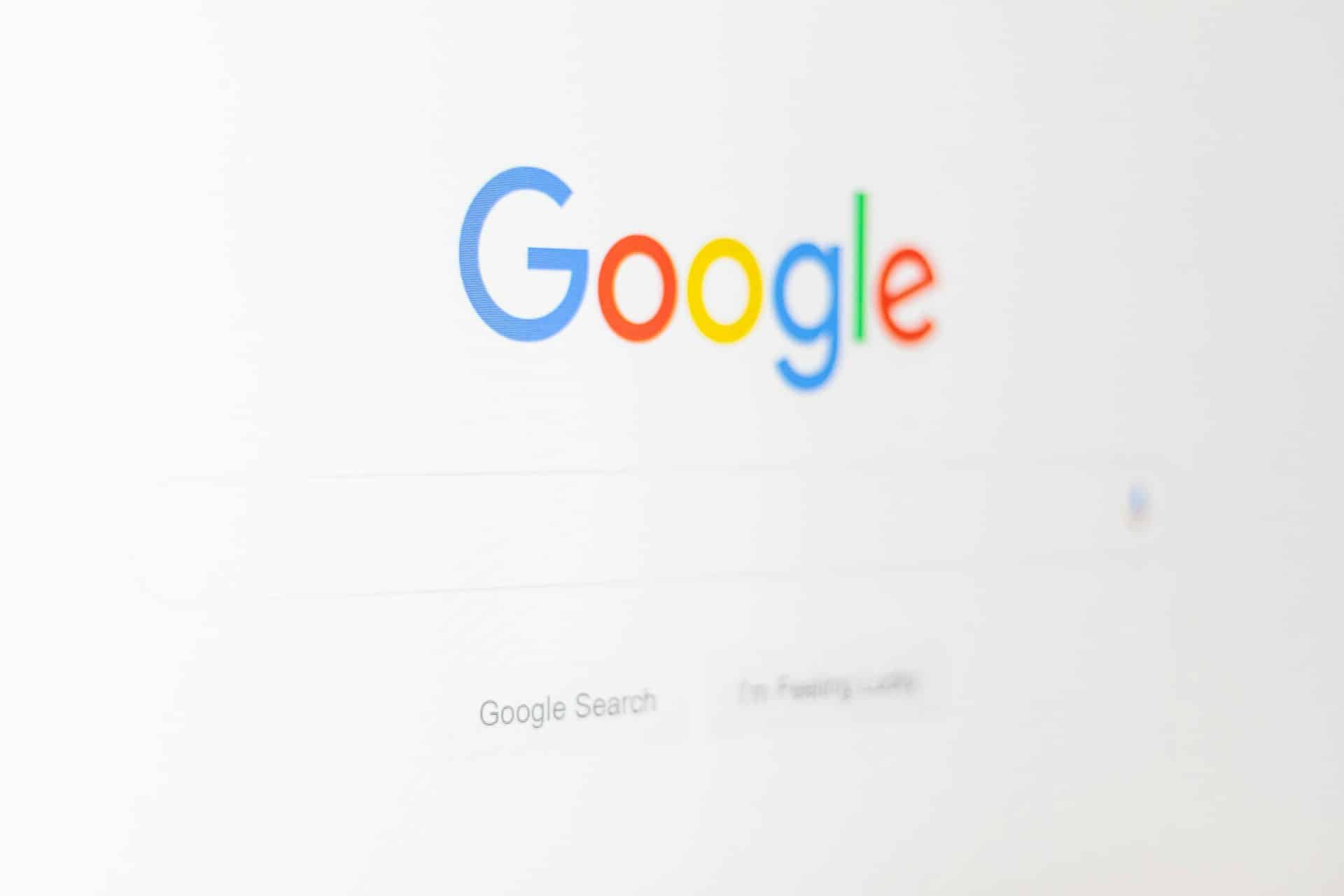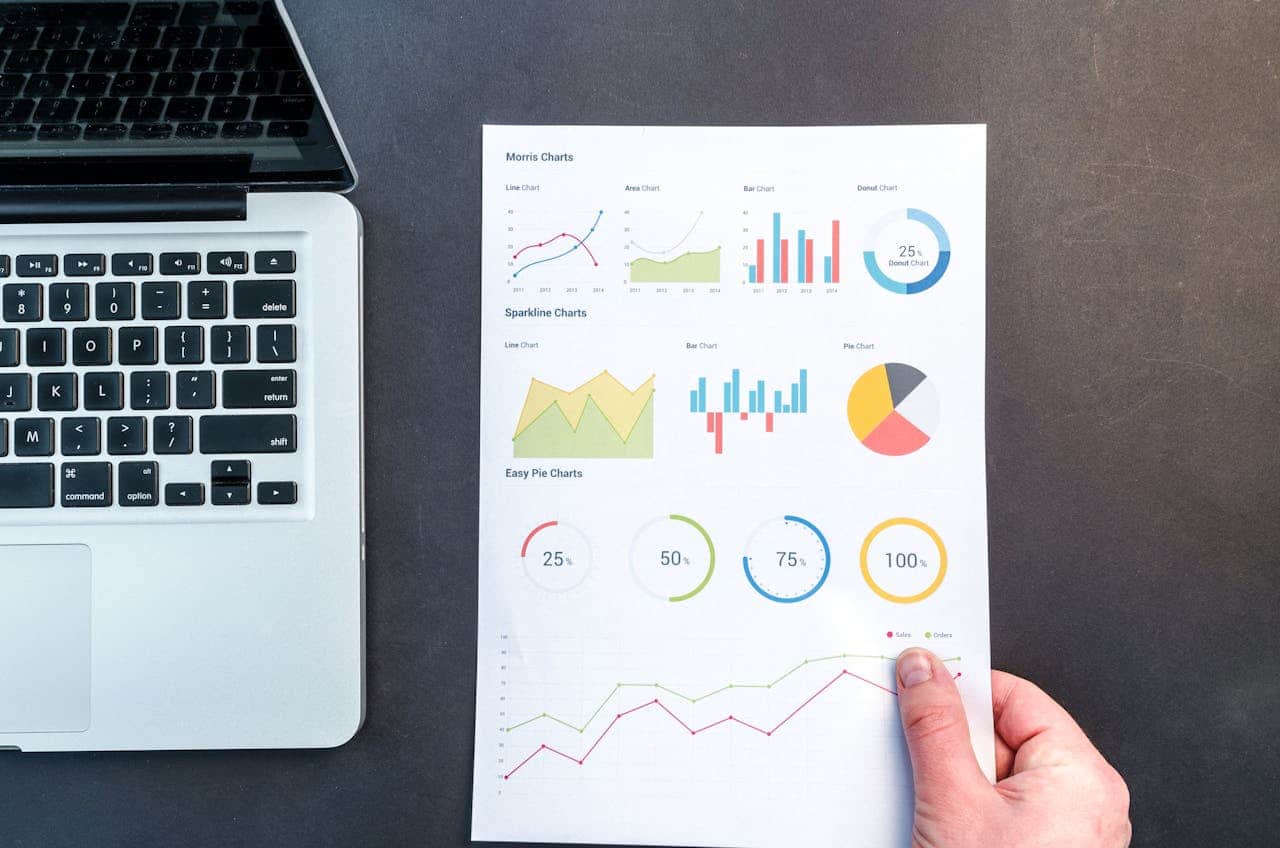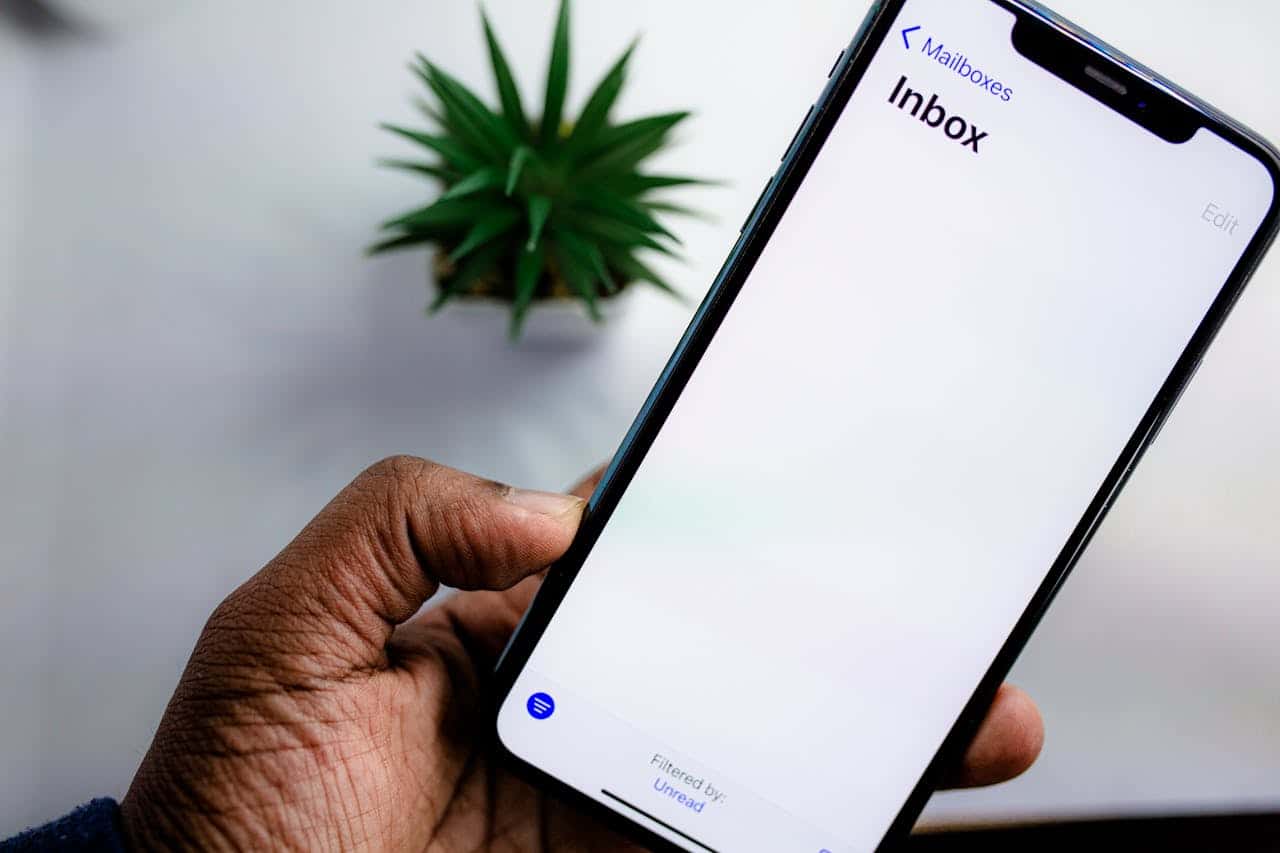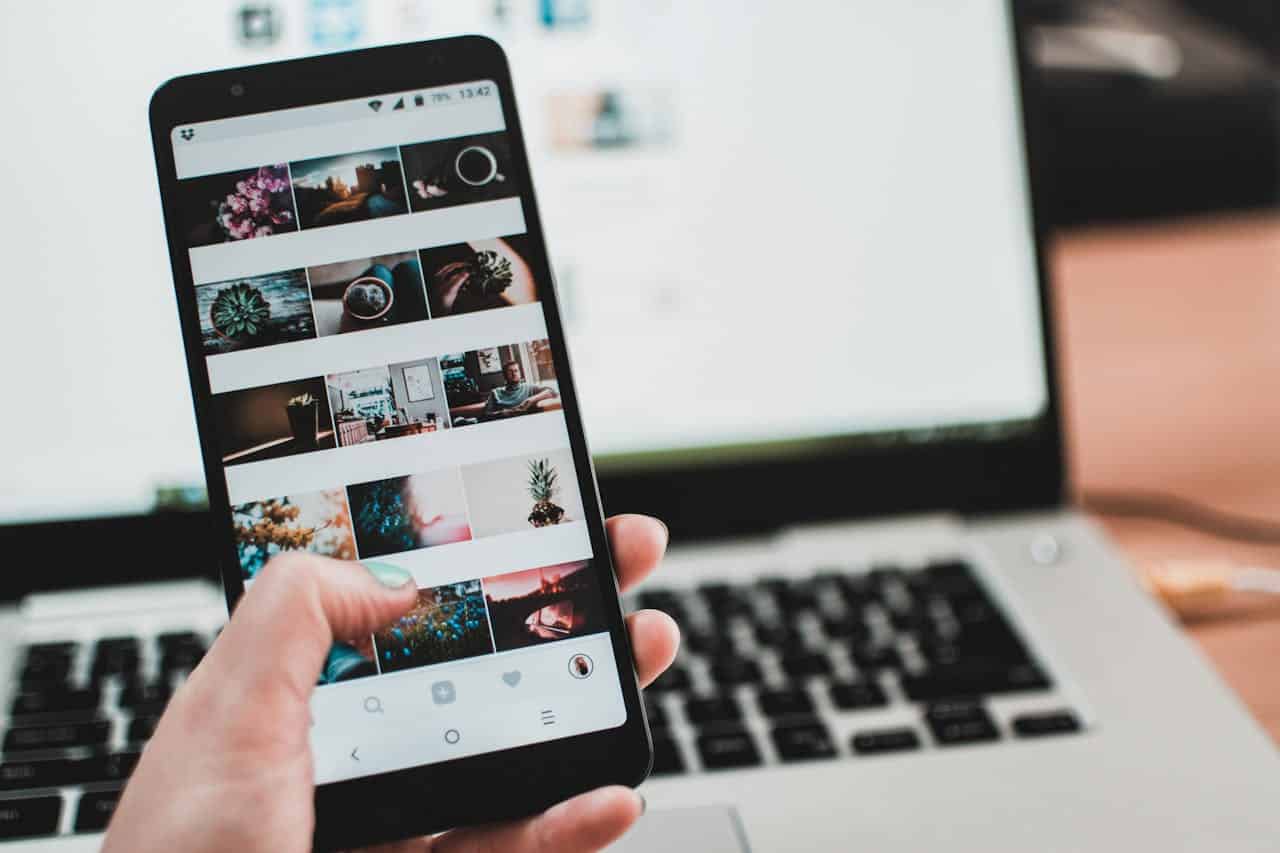When you first arrived in New York City, you may have felt invisible, like you were just another face in a sea of people. Your event website would probably express similar feelings if it could talk. With billions of event web pages out there, how can your NYC event page feel special? Event websites need love, too. And your event website will feel like a million bucks when you use these SEO insights for promoting your events online.
1. Keywords Are Only Part of the SEO Equation
Keywords’ fame as the star of SEO was already fading as the search engines tweaked their algorithms to push back against keyword stuffing. Yet, keywords were still central to how the search engines determined what your event content was about. Now, AI can use the entirety of your content to gauge its relevance.
What it means for event marketing: When performing keyword research, ask yourself, “Why would somebody search for this?” Then, create content that goes above and beyond to answer all of the related questions someone may have.
2. AI Has Changed SEO for Event Marketing (But not in the way you think)
ChatGPT caused quite a bit of hullabaloo when it rolled out in 2022. For every writing-averse middle schooler excited to never write an essay again, there was a marketer freaking out about what AI large language models (LLMs) meant for their content strategy. The preliminary results are in, and it turns out AI has made SEO more people-centric. Who would have thought?
Rather than encouraging loads of content written by unfeeling robots, search engines use AI to ferret out the most engaging and informative content available, ergo human-written content.
What it means for event marketing: More than ever, your content needs to be a deep dive into helpful information. It also needs to be engaging, readable, and entertaining.
3. Event Website Content Must Address Users’ Intention
Google and Bing use AI to identify a user’s intent for searches. AI can deduce an individual’s motivation as they search for events, such as “consumer electronics trade show.” It can do this in part by matching the search terms with the user’s past experience. So, the search engines will return articles geared toward potential exhibitors or attendees based on the user’s previous search history.
What it means for event marketing: Create several personas for potential attendees and create content that is personalized for each persona.
4. Search Engines Like Lots of Content Formats
People like a variety of content formats. From videos to infographics to articles, everyone seems to have a preference for how they learn new information. That’s why Google and Bing push websites up in the SERPs when they incorporate several formats of content.
What it means for event marketing: Repurpose your content into several formats. Present similar information using articles, videos, and infographics.
5. More People Are Using Voice Search to Find NYC Events
Alexa, Google Assistant, and similar devices and apps allow users to use their voice to search online. As a result, their queries are more conversational than anything they type into their phones. Content with a conversational style is more likely to appear in voice-activated SERPs.
What it means for event marketing: Incorporate keywords that would match a more casual tone. “NYC events tonight” might be spoken conversationally as “What are some things to do in New York tonight?”
6. Google’s Event Pack Is a Great Way to Boost NYC Event Attendance
Google is always looking for ways to make things easier for the end user. And usually that means upending the SERPs by emphasizing certain content. For event marketing, that means taking extra steps to get your NY event to appear in what’s known as the “events pack.” The events pack is an insert that appears at the top of the search results. It highlights the top three events, with a link at the bottom to “Search more events.” Being the first of those three events listed results in a click-thru rate of about 35%.
What it means for event marketing: Much of the SEO strategy that gets your NYC event into the event pack happens on the back end of your event website. Talk to your corporate IT team about incorporating event-structured data into your event website.
7. Social Media Marketing Helps SEO Indirectly
Google doesn’t use your social followings and likes to determine your event website’s search rankings. But that doesn’t mean your social media marketing doesn’t have a positive effect on your SEO efforts for your event website. Advertising your event on social media increases website traffic and engagement. That increased traffic does move your website up in the search results.
What it means for event marketing: Create a social media marketing plan using channels your target audience uses. Be sure to always include links back to your event website.
8. Use Analytics to Nail Your SEO Strategy
From choosing your keywords to monitoring your content performance to analyzing your attendee demographics post event, you can use analytics in every stage of your SEO strategy. Analytics levels-up your online event marketing by providing insights gleaned from boat loads of data.
What it means for event marketing: Take full advantage of the free tools available, such as Google Analytics and Facebook’s Page Insights. But also consider investing in more robust, paid analytics tools for better results.
Your Event Will Get the Attention It Deserves with These SEO Insights
Your event can get lost among the millions of event pages online. Getting found depends on a solid SEO strategy. The SEO insights above will inform your online marketing strategy to increase website visitors and sell tickets. Because while oodles of adoring websites are nice and all, a sold-out event is the token of love you’re looking for.
Learn more about marketing your event online at The Event Planner Expo 2024. With more than 50 speakers, The Event Planner Expo 2024 is where you can learn about the latest industry trends. Get your tickets today!








